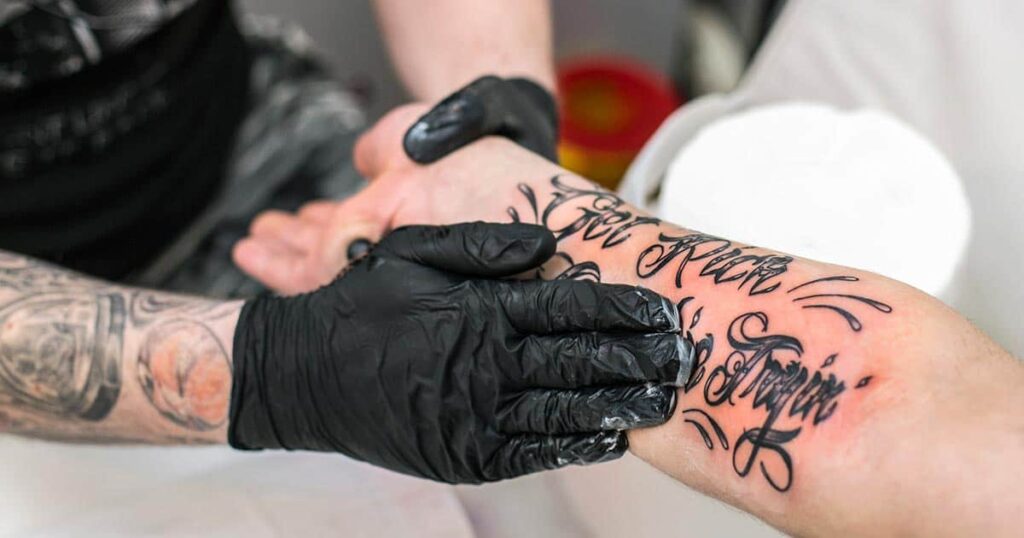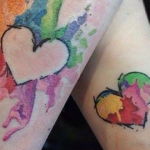Getting a tattoo is an exciting and personal decision that results in a permanent piece of art on your skin. However, the beauty of a tattoo depends not only on the artist’s skill but also on how well you care for it during the healing process. Proper aftercare ensures your tattoo heals quickly, retains its vibrancy, and avoids complications like infections. In this article, we’ll cover essential tips and best practices for tattoo aftercare.
Table of Contents
Toggle1. The First 24 Hours: Immediate Care
a. Listen to Your Tattoo Artist
After your session, your tattoo artist will provide specific aftercare instructions tailored to your tattoo’s size, placement, and style. Always follow these instructions, as they know the best way to care for their work.
b. Leave the Bandage On
Your artist will apply a protective covering to your tattoo. Keep it on for the recommended time (usually 2–6 hours). This bandage protects your tattoo from bacteria and other contaminants.
c. Gentle Cleaning
Once you remove the bandage:
- Wash your hands thoroughly.
- Clean the tattoo with lukewarm water and a mild, fragrance-free soap.
- Pat it dry with a clean, soft towel—don’t rub!
2. Keeping Your Tattoo Clean
a. Wash Regularly
Wash your tattoo gently twice a day for the first two weeks. Avoid scrubbing, as this can damage the healing skin.
b. Avoid Submerging
Keep your tattoo away from pools, hot tubs, and baths. Prolonged water exposure can lead to infections and fading of the ink.
3. Moisturizing Properly
a. Use an Approved Lotion
Apply a thin layer of a tattoo-friendly, fragrance-free moisturizer to keep the area hydrated. Popular options include Aquaphor or specially designed tattoo aftercare creams.
b. Avoid Over-Moisturizing
Too much lotion can suffocate the tattoo, causing scabbing or infection. Apply just enough to keep the skin soft.
4. Protect Your Tattoo
a. Stay Out of the Sun
UV rays can fade your tattoo, especially while it’s healing. Cover your tattoo with clothing or use a high-SPF sunscreen after the healing process is complete.
b. Avoid Tight Clothing
Tight clothes can rub against your tattoo and irritate the skin. Opt for loose-fitting garments during the healing period.
5. Be Patient with Healing
a. Don’t Pick or Scratch
As your tattoo heals, it will scab and itch. Resist the urge to scratch or pick at it, as this can lead to scarring or loss of ink.
b. Monitor for Infections
Signs of infection include redness, swelling, pus, or severe pain. If you notice these symptoms, consult a healthcare professional immediately.
6. Long-Term Tattoo Care
a. Hydrate Your Skin
Healthy skin helps maintain your tattoo’s vibrancy. Continue using a good moisturizer long after the healing process is complete.
b. Schedule Touch-Ups
Over time, tattoos can fade due to aging and exposure. Check with your tattoo artist about touch-up options to keep it looking fresh.
Conclusion
Tattoo aftercare is a critical part of ensuring your ink looks stunning for years to come. By following these tips and best practices, you can avoid common pitfalls and protect your investment in body art. Remember, your tattoo is a reflection of your personal story—treat it with the care and respect it deserves!
For more detailed info about tattoos, please visit tattooculturecollective.com.



